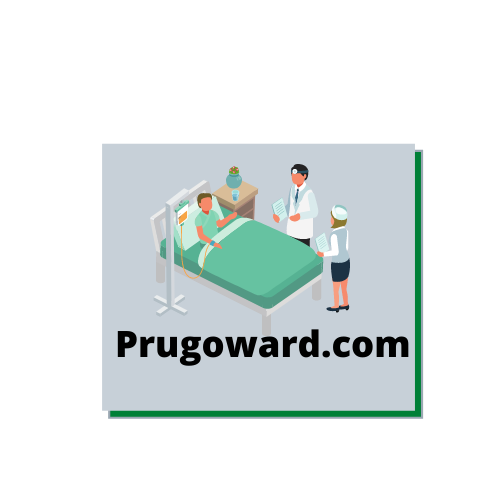General anesthesia is the best option for infant circumcision. This will put the child completely to
sleep and relaxes his reflexes so that the circumcision will be easier and more painless. Caudal
Anesthesia, on the contrary, blocks pain in the lower back, stomach, and lower trunk. A baby
who is under general anesthesia won’t feel the circumcision. He will be able go about his daily
routine without any pain.
The penis will be treated with a local anaesthetic cream. In severe cases, a small incision is
made in the foreskin to relieve pressure. If the child’s penis becomes infected, it may cause
fever, redness or swelling. These symptoms can be temporary and may progress to a more
serious infection. A doctor will prescribe antibiotics or antifungal creams in order to treat the
condition. Talk to your pediatrician before you go under the knife to discuss other options.
Following the procedure, the child will be given medication to keep him awake and comfortable.
The child will not be able to bathe for several days, and the physician will start the circumcision
process. The wound will be closed with fine stitches. After a few days, the child will be able to
resume his normal activities. While the procedure may seem uncomfortable, the pain is usually
minimal. The child will be taken home to recuperate.
After the circumcision procedure is completed, the child will be transferred to the waiting room.
The doctor will place an IV to give him medication to help him sleep. The child will be turned
over onto his side, and the surgeon will start the circumcision. The doctor will clean the penis
and remove any foreskin. The sutures will be inserted in the appropriate places. The
circumcision will take between 15 and 30 minutes. The procedure may cause some discomfort,
bleeding, but these complications are usually minor.

After the circumcision, the child is taken to the waiting room. The child will be given medication
to keep him sleeping for several days. The child should not have any sexual activity for several
days after the procedure. The child will be given time to rest and recover from surgery. The
doctor will perform the surgery once the child is fully awake and feeling well. The surgeon will cut
the foreskin and penis.
During the procedure, the child will be placed on his side for the procedure. To relieve pressure
on the penis, the doctor will make a small cut in the foreskin. To relieve the pain, the child will
receive antibiotics as well as corticosteroid ointment. The child will be able resume normal
activities shortly after the procedure. The child will be awake for 15 to 30 minutes after the
circumcision.
Infants can experience a traumatizing experience. It is psychologically difficult for the child. It is
often done without anaesthesia. This can lead to brain changes that can be linked to mood
disorders. Intimacy problems can occur in some males after circumcision. A corticosteroid cream
may be used to reduce anxiety. This is a painful procedure that can take up to 15-30 minutes.
The procedure can also leave a scar for the child that may be painful. It should be monitored
closely.
The child will be taken to the waiting area before the procedure. The doctor will place an IV to
keep the child awake during surgery. The child will be placed on his back and prone for the
operation. After the procedure, he will be placed in a comfortable chair and placed on a bed. The
child will be monitored for a few more days. The doctor will then perform circumcision.
The child will be taken into a waiting area where he will receive a local anaesthetic. He will be
given general anaesthesia and may not even be aware of what is happening. After the surgery,
the child will be sedated and placed on his side. The doctor will then start the circumcision
process. The foreskin will be trimmed and the penis will be cut. To stop blood from flowing, a
small cut will be made in the skin. This procedure will take between fifteen and thirty minutes
